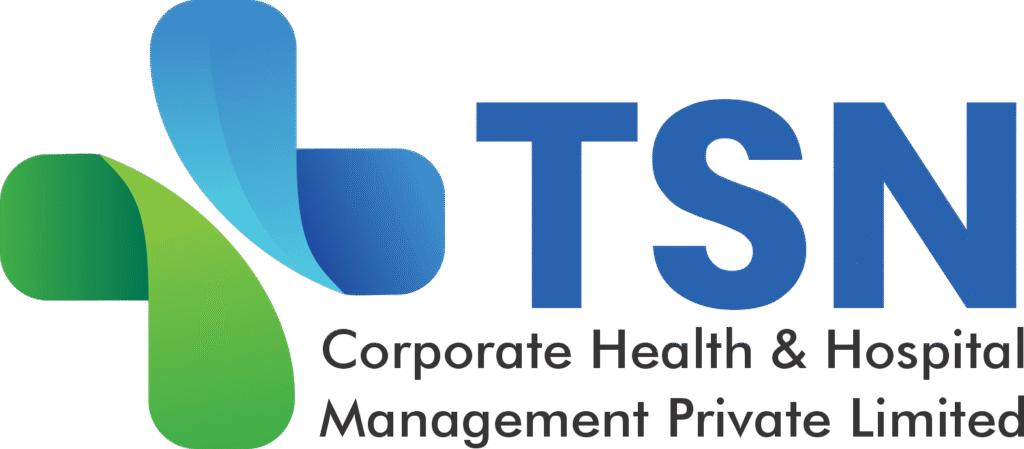In a world where healthcare is the lifeline of society, one truth stands out: a trained healthcare workforce saves lives. From doctors and nurses to lab technicians and administrative staff, every role in the healthcare system demands not just knowledge, but continuous training. In an era of rapid medical advancement, growing patient expectations, and complex health challenges, training has become the cornerstone of a resilient, safe, and future-ready healthcare system.
Why Training Matters Now More Than Ever
The healthcare landscape has transformed dramatically in the last few years. With the rise of chronic diseases, the fallout of global pandemics like COVID-19, and the integration of digital technologies, the skills required in healthcare are no longer static.
Without proper training, even experienced professionals can make critical errors. The World Health Organization (WHO) has highlighted that medical errors are a leading cause of injury and death globally—a statistic that’s deeply preventable with the right education and preparation.
Evolving Technologies Require Evolving Skills
Think about it—healthcare tech is moving faster than ever. From robotic surgeries and AI-assisted diagnostics to electronic health records (EHRs) and telemedicine, the tools of the trade are changing.
Healthcare workers must now:
-
Navigate complex software systems
-
Operate advanced medical equipment
-
Interpret AI-generated data
-
Handle remote consultations
Training ensures professionals stay relevant, efficient, and confident while using these evolving technologies.
Patient Safety Starts With Skilled Hands
Mistakes in healthcare can be fatal. A wrong medication, a delayed diagnosis, or a misread test result can cause irreparable harm. Through proper training, staff can:
-
Reduce medical errors
-
Improve procedural accuracy
-
Deliver faster, more effective care
Simulation-based training, mock drills, and refresher courses are instrumental in reinforcing both routine and emergency skills.
Soft Skills Are Lifesaving Too
Beyond technical knowledge, healthcare professionals deal with scared families, anxious patients, and high-stress environments. That’s why soft skills—like communication, empathy, and teamwork—are just as vital.
Training in soft skills leads to:
-
Better patient relationships
-
Higher satisfaction scores
-
Improved coordination among teams
After all, medicine isn’t just about treatment—it’s about trust.
Global Standards and Legal Requirements
Healthcare professionals operate within a tightly regulated environment. Every procedure, prescription, and patient interaction must adhere to local and international laws.
Regular training ensures compliance with:
-
Medical ethics
-
Legal frameworks
-
Documentation protocols
-
Infection prevention measures
This not only protects patients but also shields institutions from legal risks.
Data Security in the Digital Age
With most health records now digitized, healthcare workers must understand cybersecurity and data protection. A simple mistake like mishandling a patient’s digital file can lead to identity theft or lawsuits.
Training in digital hygiene and privacy laws (like HIPAA or GDPR) helps ensure sensitive information stays secure.
Boosting Efficiency and Reducing Costs
Well-trained employees are more efficient. They make fewer mistakes, require less supervision, and can handle more responsibilities. In the long run, this leads to:
-
Lower operational costs
-
Faster patient turnover
-
Higher quality of care
Investing in training today prevents costly problems tomorrow.
Mental Health and Crisis Preparedness
Healthcare professionals often work under immense stress, especially during crises like pandemics or natural disasters. Structured training helps them:
-
Recognize signs of burnout
-
Handle high-pressure situations
-
Build emotional resilience
Programs focused on emergency preparedness and mental well-being are becoming essential parts of modern healthcare training.
The Need for Lifelong Learning
Medicine is not a “learn once and done” profession. Guidelines change, research evolves, and new best practices emerge almost monthly.
Continuous education programs help professionals:
-
Stay current with medical advances
-
Renew certifications
-
Expand specializations
Healthcare is a lifelong learning journey—and training is the fuel that drives it.
Conclusion: A Safer, Smarter Future Begins with Training
In today’s complex healthcare environment, training is not a luxury—it’s a lifeline. It empowers professionals, safeguards patients, and builds public trust. From the hospital ward to the research lab, from urban clinics to rural health posts, training ensures that every hand that heals is skilled, confident, and up-to-date.
The future of healthcare isn’t just about new technology or bigger hospitals—it’s about better-trained people.
So let’s champion a culture of learning and commit to training the healers who take care of us all.


